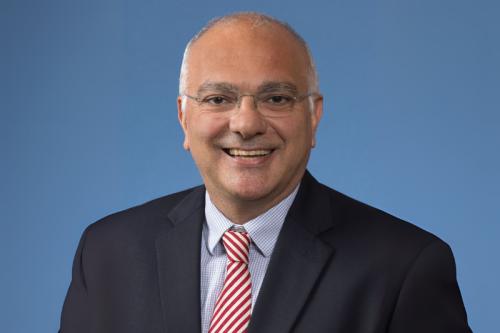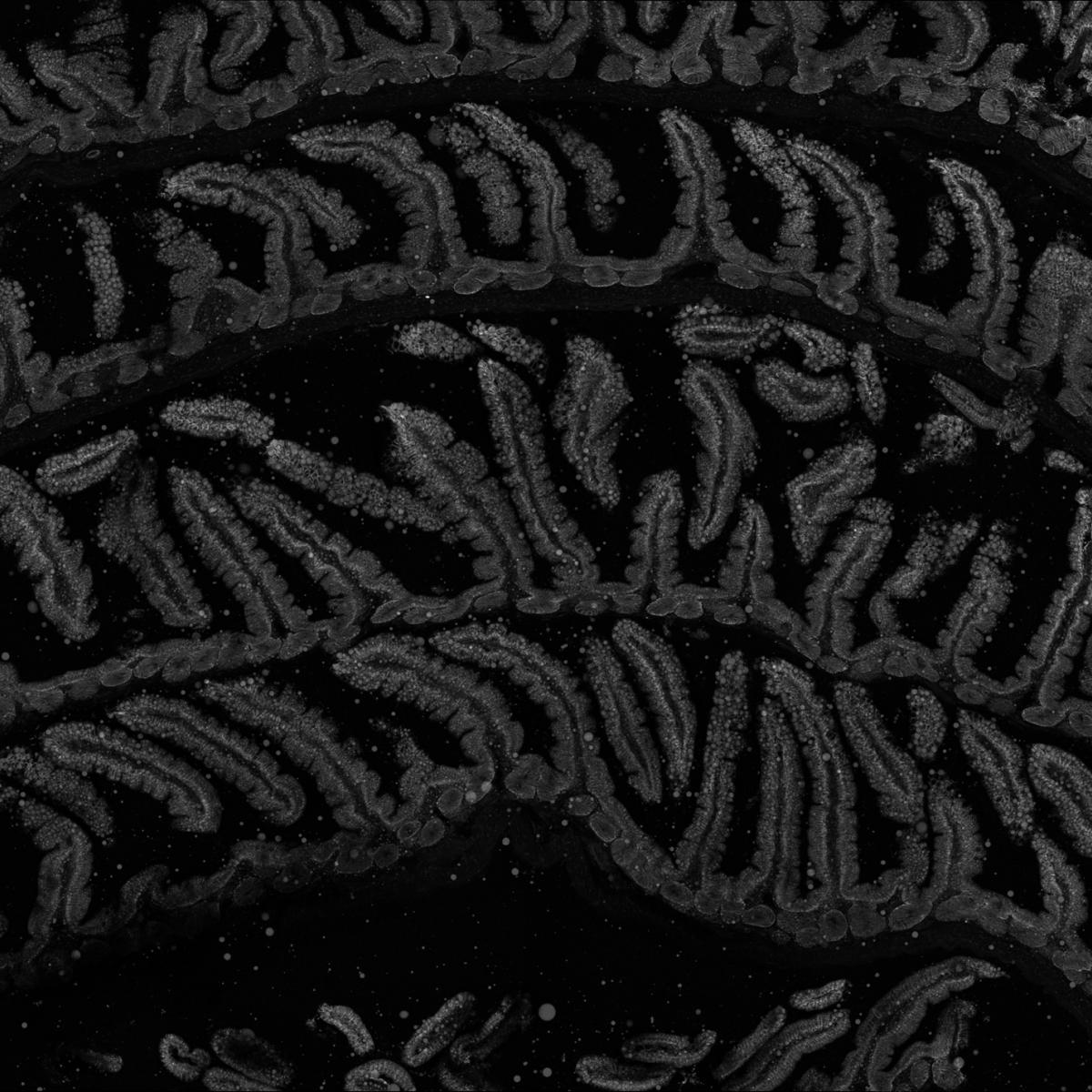
Mete Civelek, Ph.D.
- Professor, Anesthesiology and Perioperative Medicine
- Professor, Human Genetics

Mete Civelek, Ph.D., uses systems genetics and multi-omics approaches to investigate the mechanisms underlying increased risk for cardiovascular and metabolic diseases. He aims to uncover sex-specific biological pathways and treatment targets to enable more personalized prevention and care for obesity, atherosclerosis and coronary microvascular disease.
His research integrates experimental and computational approaches to understand how networks of genes contribute to conditions such as type 2 diabetes, obesity, atherosclerosis, and coronary artery disease. By quantifying intermediate molecular traits in both human and mouse populations, his lab identifies regulatory pathways that link genetic risk to disease biology. His long-term goal is to translate these findings into sex-aware mechanisms, biomarkers, and therapeutic targets to enable more precise prevention and treatment strategies.
Civelek’s work has contributed key insights into how genetic effects differ between the sexes. Notable discoveries include identifying a female-specific adipocyte pathway regulated by the KLF14 gene that links genetic risk to type 2 diabetes, mapping sex differences in gene regulation in adipose tissue, and predicting causal genes at coronary artery disease loci using systems-genetic analysis of vascular smooth muscle cells. His lab also develops new methods to analyze high-throughput omics data and functionally validates findings using molecular biology tools in cell and animal models.
Research Projects
- Investigating how genetic variation alters vascular cell function and drives coronary artery disease
- Identifying the sex-specific molecular mechanisms of atherosclerosis in vascular cells
- Determining the genetic basis of sex-biased gene regulation in adipose tissue in relation to body fat distribution
-
Degree
- Ph.D., Bioengineering, University of Pennsylvania, 2008
